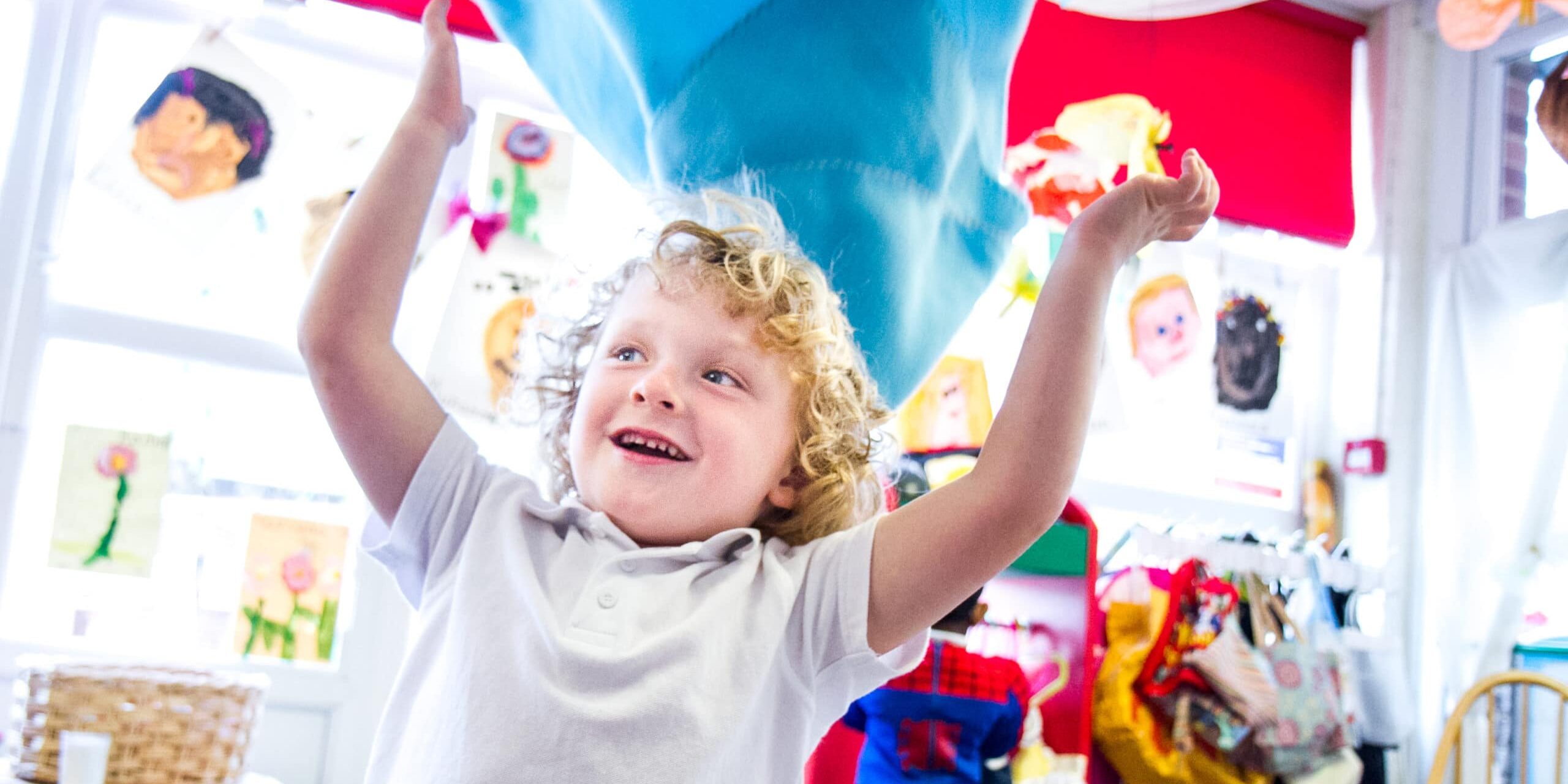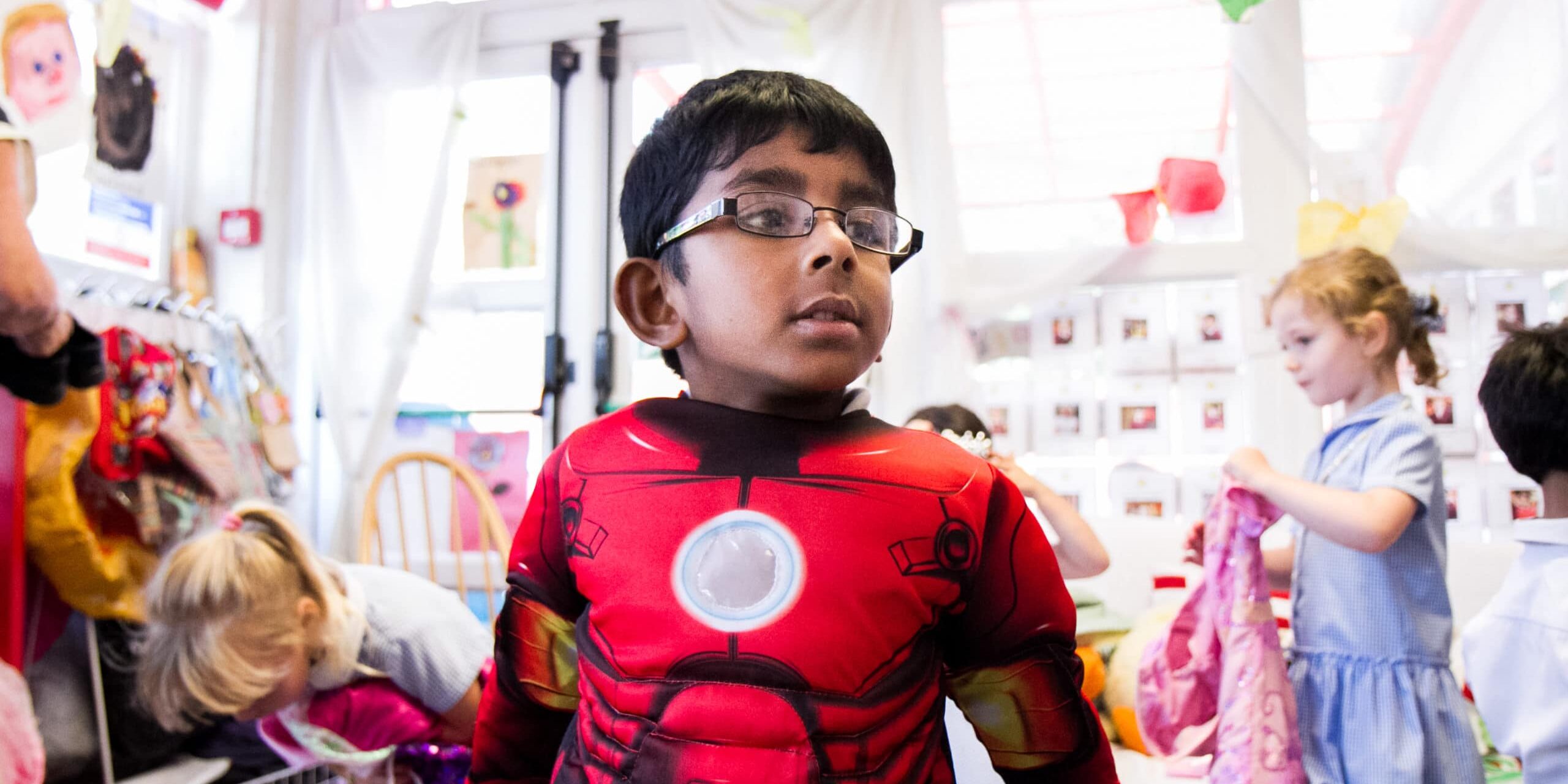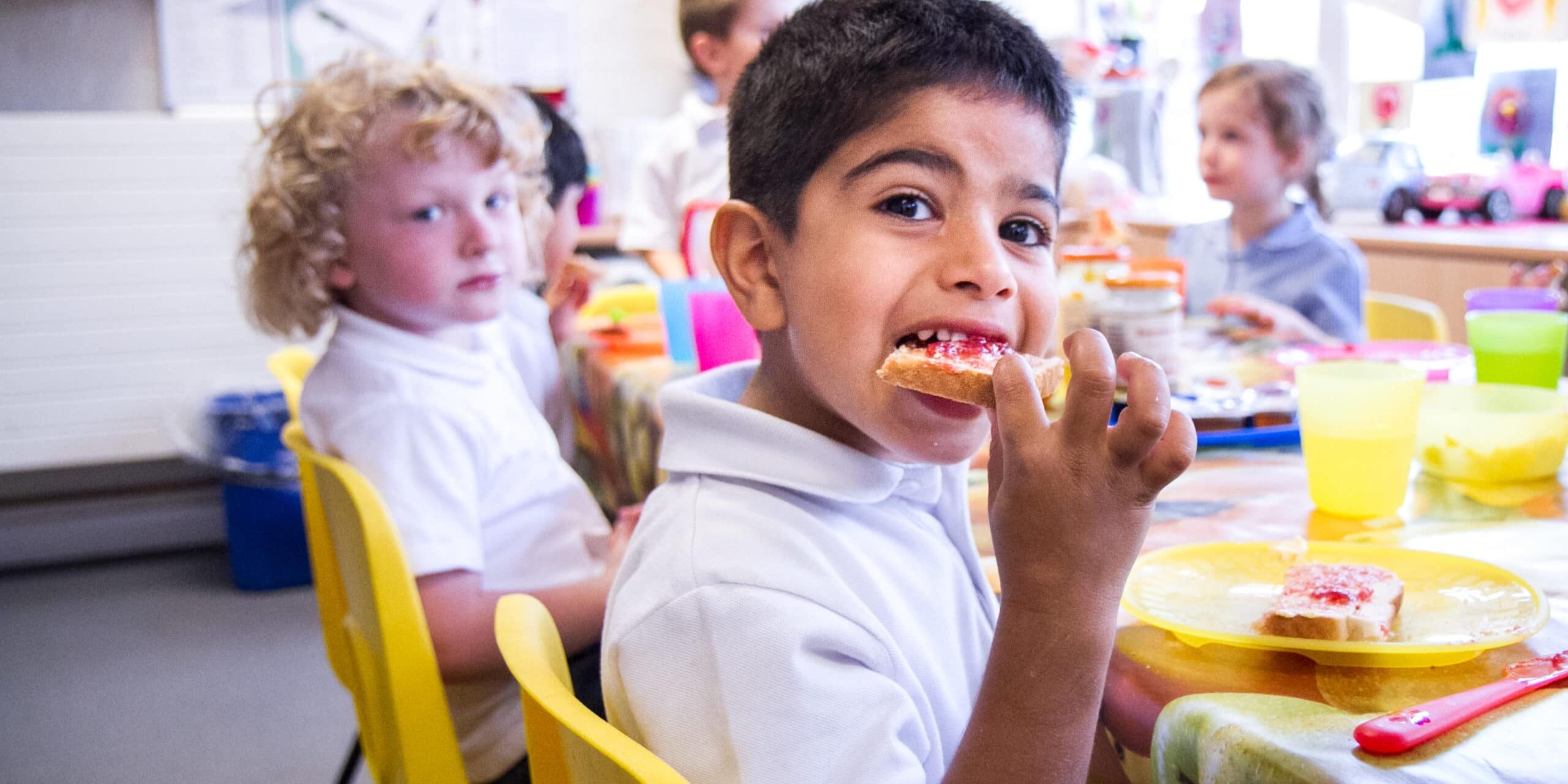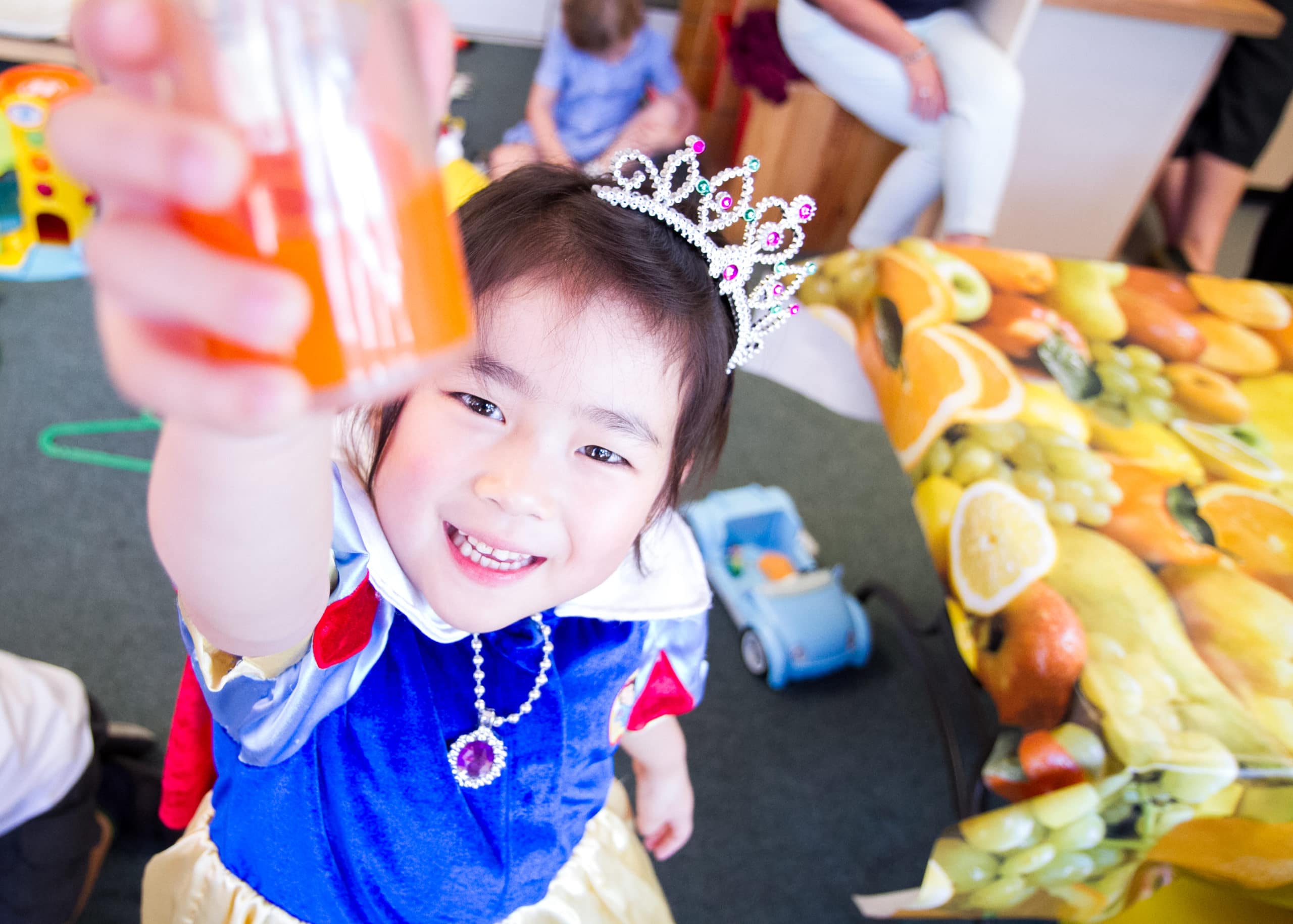Our charity
We are nurtureuk, an organisation dedicated to improving the social, emotional, mental health and wellbeing of children and young people (CYP).
We’ve been at the forefront of the nurture movement for over 50 years, and today – with ever more children and young people affected by issues that can impact their learning – our work is more vital than ever.
Sign up to our newsletter!
Our vision and mission
Our vision is a world where:
- Child development isn’t limited by lack of nurture in education
- Adults working with and caring for CYP are supported and equipped with evidence-based tools to help them flourish and learn


Our mission
nurtureuk is dedicated to improving life chances of children and young people by promoting nurture across the whole education system and beyond:
- We are proud of being a charity and driven by social purpose
- Children’s and young people’s development is at the heart of everything we do
- We want to amplify the benefits of nurture for CYP within and beyond the classroom
- We are evidence-based and practice-led: guided by the Six Principles of Nurture
Our strategic goals
- Every child’s education and development embraces nurture
- This means that UK schools understand the theory and practice of nurture and they understand the benefits of having accreditation from nurtureuk.
- We also want Ofsted to endorse schools who implement a whole-school approach to nurture.


- Boxall Profile® integrated into every school’s nurturing activities
- We want the Boxall Profile® to be nationally recognised as the best tool to assess the social, emotional and mental health (SEMH) needs of pupils.
- We want the Boxall Profile® to be funded by local education authorities for school-wide implementation - such as the work we are doing with Kent County Council and across various multi-academy trusts.
- UK governments adopt nurture for all children
- Recognising that nurture is integral to addressing pupils’ social, emotional and mental health (SEMH) needs
- Recognising that nurture is a key part of the solution to school exclusions, and reflecting this in government guidance, policy and regulatory frameworks.
- Making nurture a key part of all teacher training programmes and mandatory continuing professional development (CPD) for teachers who are already qualified.
- Providing funding for UK schools to implement a whole-school approach to nurture.

Our values
Trustworthy
We aspire to be trusted for our expertise, our experience, the quality and impact of our work and our evidence-base; but equally for our openness and because we listen and act on what we hear. We trust our clients and partners, who trust us in return, to do what is best for children and young people.
Principled
We always bring clarity and deep commitment to the approaches we believe will improve children and young people’s wellbeing. We are passionate, yet grounded and consistent in our focus on what is right for each child or young person. We strive for integrity in all we do, respecting and learning from diversity and lived experience.
Supportive
Our success depends on building and nurturing caring, compassionate, empathetic relationships – collaborating with each other, with clients and with children and young people. We are kind, thoughtful, insightful and solution-focused.
Determined
We are proud to share our belief in what we are doing. We are ambitious to succeed. We are determined to support children and young people and always driven to achieve more. We strive to be a beacon for the wellbeing of children and young people; a golden thread linking the aspirations of colleagues, clients, partners and children and young people themselves.
Our history
The nurture story began in 1969, when educational psychologist Marjorie Boxall first developed the concept of the nurture group. Large numbers of young children were entering primary school in Inner London with severe emotional, behavioural and social difficulties, which led to unmanageable rates of referral for placement in special schools or for child guidance treatment.
Boxall understood that the difficulties presented by most of these children were a result of impoverished early nurturing, meaning they were not able to make trusting relationships with adults or to respond appropriately to other children. They were not ready to meet the social and intellectual demands of school life, which further damaged their already fragile self-confidence and self-esteem.

The remedy was to place them in ‘nurture groups’, classes of six to 12 children with a teacher and an assistant, whose brief was to engage with the children at the developmental stage they had reached and to support them in meeting learning goals step by step. As the children felt accepted and valued, their confidence grew and they began to learn, with 80% returning to their base class full-time.
Following the success of Boxall’s pilot, the nurture movement grew steadily over the following decades, and gained wider recognition through the influential Warnock Report of 1978, and the support of the Inner London Educational Authority (ILEA).
ln the 1990s, the Department for Education made nurture groups part of its special education policy. Recognising the need to support a new wave of nurture groups, The Association of Workers for Children with Emotional and Behavioural Difficulties (AWCEBD) founded the Nurture Group Consortium – which became the Nurture Group Network in 2001. From 2004 to 2006 The Nurture Group Network (NGN) expanded and the Marjorie Boxall Quality Mark Award was created for outstanding nurture groups. When Marjorie Boxall died, she left NGN a substantial legacy which contributed enormously to the continuing development and growth of the network’s activities.
The paper-based pupil assessment tool she devised has now been developed into an online platform; the Boxall Profile Online®. This subscription product is at the centre of the charity and provides our largest income stream.

The Network grew through the 2010s, and – to reflect its wider ambitions – was renamed nurtureuk in 2018.
The last few years have seen a range of exciting developments at nurtureuk. After celebrating the 50th anniversary of nurture in 2019, we welcomed a new CEO, Arti Sharma in 2020 – just as Covid-19 was hitting the UK. In response, we swiftly adapted our services to be delivered online – determined to keep supporting nurture during lockdown, when it was needed by pupils more than ever.
Today, nurtureuk continues to go from strength to strength. As well as expanding our teams, we’re stepping up our campaigning and policy work – building on our past achievements, to make nurture a cornerstone of education in the UK and beyond.
Our funding and governance
A charity registered in England and Wales, and in Scotland, nurtureuk is managed by a Board of Trustees, drawn from education and other sectors.
Like most charities, we rely on a range of income sources. But unlike most charities, we’re mainly a trading organisation, and gain most of our income from selling our products and services. These include our text books, guides, training courses, events, paid membership plans and SEMH assessment tool, the Boxall Profile® Online.

We sometimes apply for grants and sponsorship, and also welcome donations from individuals, corporate organisations and legacy donors. You can see some of our supporters here. If you’d like to support our work, please contact us at [email protected].

